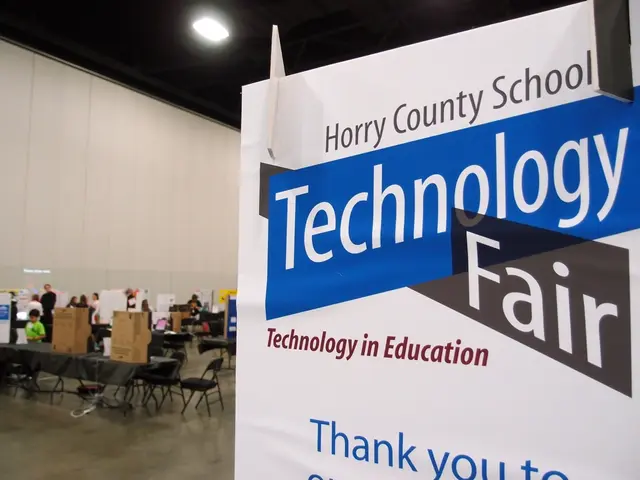Court extends restraining order on ban, preventing Harvard students from U.S. entry
New Article:
Reining in Harvard: A Legal Battle Over Funding, Students, and Academic Freedom
The ongoing squabble between the Trump administration and Harvard University revolves around federal funding, international student enrollment, and claims of governmental retaliation against Harvard's academic independence. Here's a rundown of the key events:
Chronology of Events
- April 11, 2025: The administration sends a letter to Harvard's leadership, alleging that the university has fallen short of intellectual and civil rights standards for federal funding. They demand governance reforms, hiring based on merit, the closure of DEI programs, and audits to ensure "viewpoint diversity."[1]
- April 14, 2025: Harvard balks at complying. The administration retaliates by freezing over $2.2 billion in grants and $60 million in contracts to the university.[1][4]
- April 15, 2025: President Trump takes to Truth Social suggesting that Harvard should lose its tax-exempt status.[1][5]
- April 16, 2025: DHS Secretary Kristi Noem sends a letter demanding info on all F1 visa international students, threatens to revoke Harvard’s Student and Exchange Visitor Program (SEVP) certification if the university doesn't comply. Two grants totaling $2.7 million are also terminated.[1][2][4]
- April 21, 2025: Harvard files a lawsuit against the administration, asserting violations of the First Amendment and procedural irregularities in grant-funding reduction.[2][4]
- April 22, 2025: Harvard aligns with other universities in a joint letter condemning "government intrusion" and reasserting institutional autonomy over curriculum, students, and staff.[2]
- Late April 2025: Harvard faces further heat as the administration declares intentions to use the False Claims Act against universities over suspected civil rights violations and allegations of Harvard's noncompliance with civil rights laws.[4]
- April 29, 2025: Litigation continues with "President and Fellows of Harvard v. Department of Homeland Security" regarding the ban on international students at Harvard. A temporary restraining order (TRO) is issued.[3]
- May 2, 2025: The administration formally seeks to revoke Harvard’s tax-exempt status.[2]
- May 13, 2025: Harvard modifies its lawsuit to address additional funding cuts. A hearing is slated for July 2025.[1]
Context
The administration justifies its actions as efforts to enforce civil rights compliance (notably Title VI regarding antisemitism and Title IX regarding transgender athletes), but Harvard and other institutions perceive them as politically biased overreach and retaliation against the university's stance on governance and DEI initiatives[1][2][4]. The administration has cited concerns over antisemitism, potential ties to the Chinese Communist Party, and resistance to ending DEI programs as reasons for heightening pressure[1][4].
Harvard's lawsuits contend that the administration's actions infringe on the university's First Amendment rights and academic independence, and that the procedures employed to cut funding and threaten international student enrollment are unlawful[2][4]. The dispute has grown as a focal point in broader discussions on governmental intervention in higher education and the autonomy of academic institutions in the United States[2][1].
- This legal battle between Harvard University and the Trump administration, known as 'Reining in Harvard,' extends to the realms of politics, international relations, and education-and-self-development, as it revolves around federal funding, international student enrollment, and academic freedom.
- The administration's actions towards Harvard, such as the freezing of grants and contracts, the threat to revoke the university's SEVP certification, and the potential revocation of its tax-exempt status, are seen as an infringement on its policy-and-legislation, sparking concerns about general-news and the future of online-education.
- The ongoing dispute, fueled by the administration's perceived biased overreach and Harvard's stance on governance and DEI initiatives, has sparked a larger conversation about the role of politics in religion, education, and self-development, and the boundaries of governmental intervention in these areas.
- As the legal battle unfolds, with Harvard suing the administration over violations of the First Amendment and procedural irregularities, the future of academic freedom, international student enrollment, and the autonomy of academic institutions in the United States remains uncertain.






